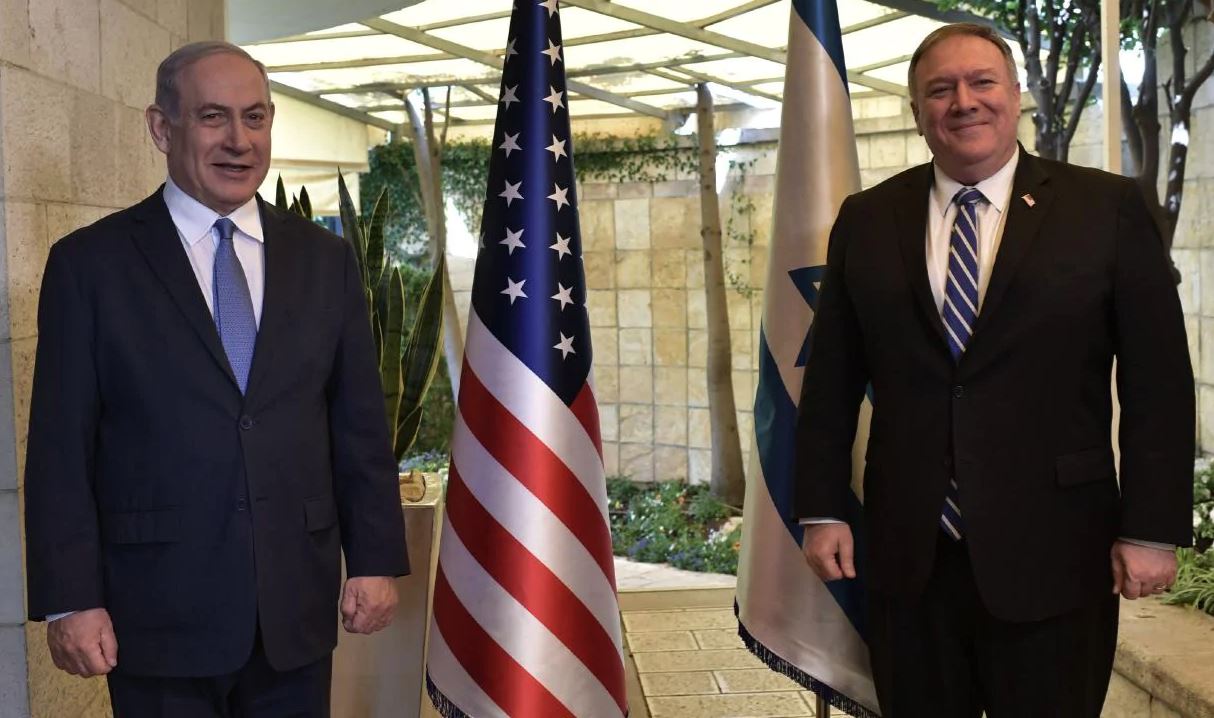The new Israeli government’s apparent intention to apply sovereignty to parts of the West Bank has seen various observers bemoaning the end of a two-state resolution of the Israeli-Palestinian conflict.
Anas Iqtait and Tristan Dunning were sure of this when writing in The Age and the Herald, and called on the Australian government to speak out against it. They also implied that the Palestinians are being treated worse than other groups on the international stage.
In fact, the Trump peace plan, with provisions allowing Israeli moves in the West Bank, not only doesn’t prevent a Palestinian state, but may make one more likely. Meanwhile, the Palestinians receive vastly preferential treatment on the international stage, with Australia one of few countries principled enough to call this out. Without this favouritism, the Palestinians may well have had a state by now.
Since Israel took control of the West Bank and Gaza Strip following the Six-Day War in 1967, its attempts to return land for peace have been continually rebuffed, first by the Arab League, and then by the Palestinian Authority (PA).
Most recently Ehud Olmert, with months left as Israeli prime minister in 2008, offered PA leader Mahmoud Abbas a state in all of Gaza, land equivalent to the entire West Bank, a limited return for refugees, compensation for the rest, and a capital in east Jerusalem. Abbas, as he has subsequently declared, rejected the offer “out of hand”.
Despite various goodwill gestures from Benjamin Netanyahu-led governments, such as prisoner releases and settlement freezes, Abbas has refused to negotiate at all since 2014.
Read the article by Jamie Hyams in The Sydney Morning Herald.

